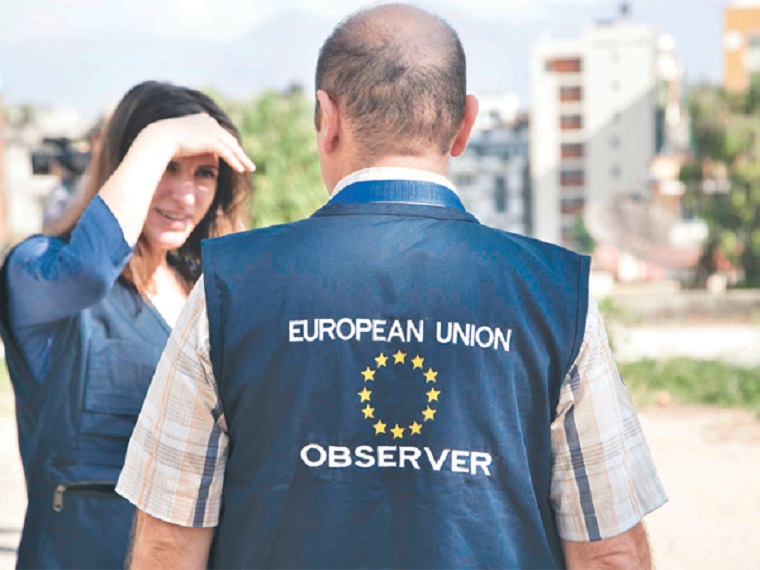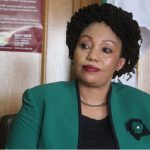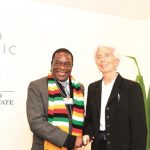 Long derided for doing too little, too late, international observers could play a critical role in the 30 July elections in Zimbabwe.
Long derided for doing too little, too late, international observers could play a critical role in the 30 July elections in Zimbabwe.
In theory, their judgement will be an important test of the government’s claimed commitment to a credible election, and will also influence financial institutions.
Although the international organisations and diplomats differ in posture – Britain and China are seen as the most supportive of President Emmerson Mnangagwa – they will have to reach a consensus if there is to be a deal to reschedule debt and resume credits from the International Monetary Fund.
Without these, Zimbabwe’s economy could be heading for another currency crash and still more chaos.
So far, the European Union Election Observation Mission has been toughest, warning that ‘the printing of the ballot papers was not as expected’. Its press statement reminded the Zimbabwe Electoral Commission that ‘great efforts need to be made to ensure public and political confidence in the 2018 polls’.
However, the EU will not release its first full report until 48 hours after election day, so it has limited power to influence developments before the vote.
Priscilla Chigumba, the ZEC Chair, has been marking out territory clearly. She insists that Zimbabwean law has no provision for election monitors who could evaluate the voting process and raise discrepancies with the presiding officers on election day.
ZEC will accredit only election observers, who can record discrepancies or problems to contribute to an overall evaluation of the fairness of the process, released after the election.
That means the role of trained and well-equipped party agents at the polling station, able to record malpractices and discrepancies in counting and tallying, will be crucial.
Until now, the United States has been seen as taking the hardest line on the elections’ credibility and ending sanctions against individuals in the ruling party. But that is in doubt following the withdrawal of funding by the United States Agency for International Development (USAID) from three important civil society organisations: ZimRights, a human rights monitoring and advocacy organisation; the Election Resource Centre (ERC), which has led the pressure for more transparent elections; and the Counselling Services Unit, which provides medical and psychological help for victims of political violence.
Cutting funding for these organisations, just a month before the elections, will undermine their operations and raises questions about the motives for the move.
Continued next page
(451 VIEWS)


